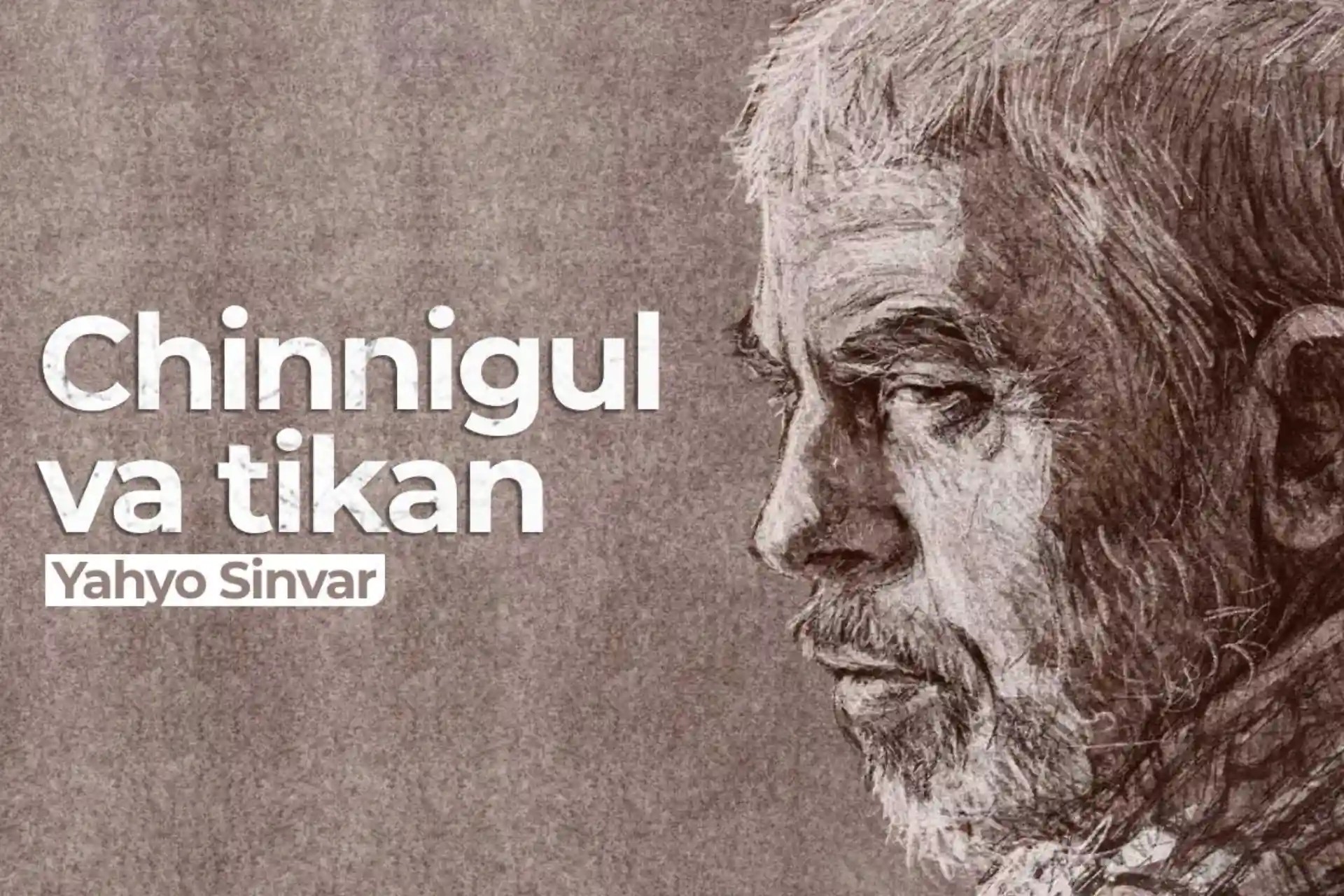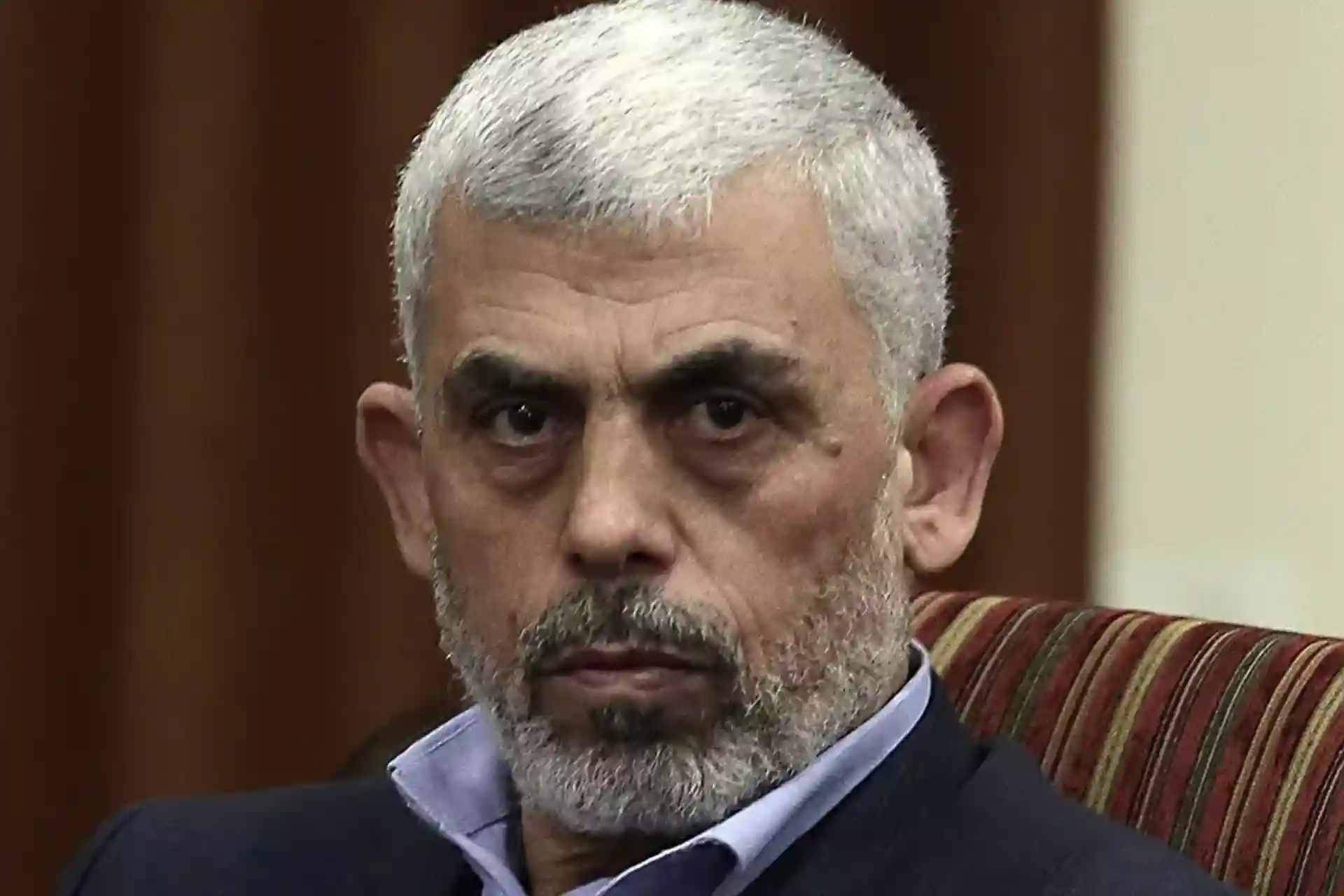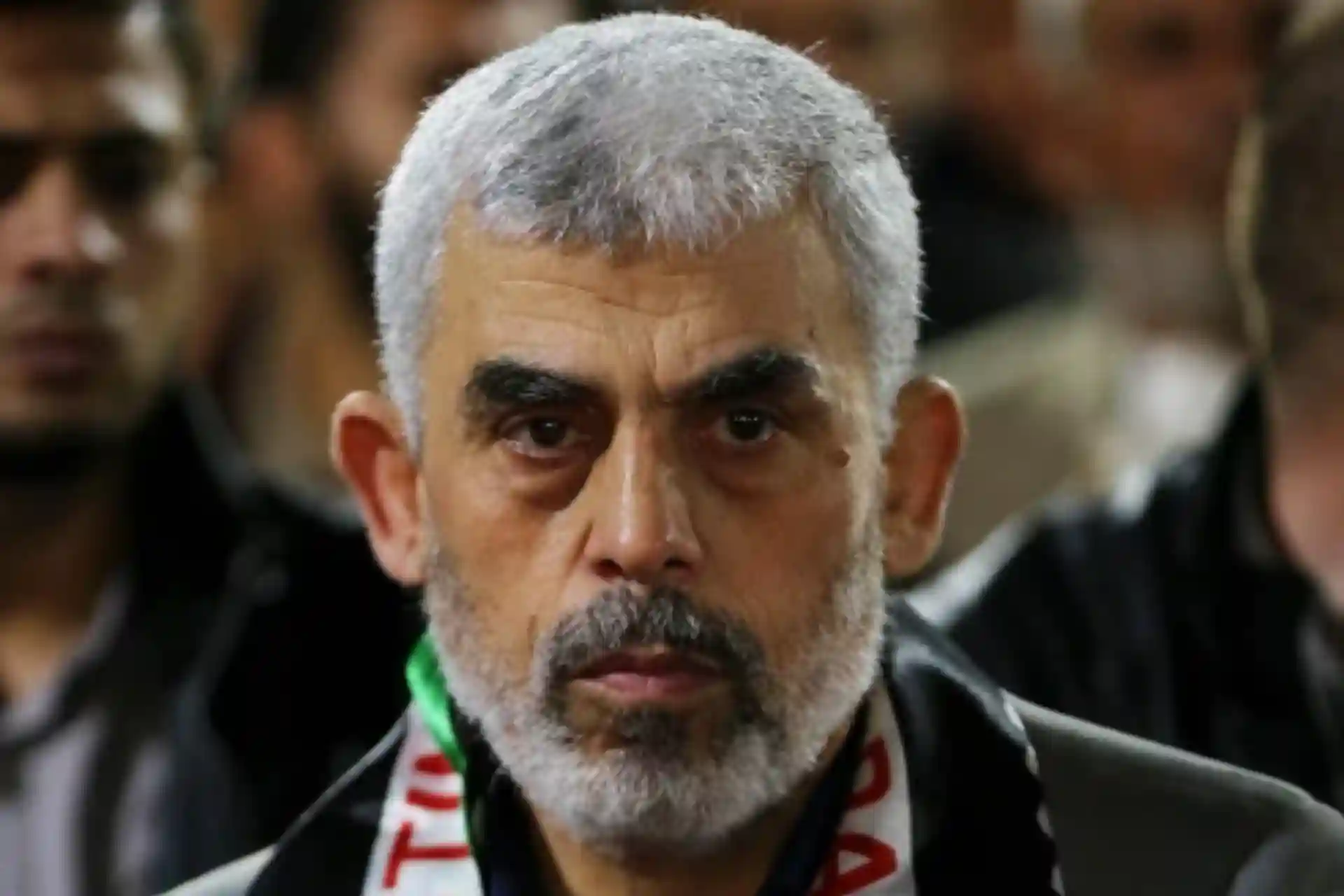"Carnation and thorn" - Yahya Sinvar (short story, continuation)
We continue to publish the work "Cloves and Thorns" by Yahya Sinwar, the late commander, leader of the Palestinian liberation movement, brave fighter, loyal son of his country and nation. Translator - Ma'mur Mukhtar.
We continue to publish the work "Cloves and Thorns" by Yahya Sinwar, the late commander, leader of the Palestinian liberation movement, brave fighter, loyal son of his country and nation. Translator - Ma'mur Mukhtar. Head
***
Days passed, but there was no sign of my father and uncle. My grandfather, mother and daughter-in-law, there were no men or women left, we asked them all about them one by one. Our concern is the same as the concern of our neighbors - everyone was looking for their missing relatives who were missing in the ranks of "Free Palestine" or volunteer fighters. In the Gaza Strip and the West Bank, the same mood of hopelessness and despair prevailed, people were wondering what the Jews would do to them.
Every morning, my grandfather took his cane and went out to look for his two sons, asking people who knew them on the street. When he finished his journey and was tired, he would return home. Since they did not return home even after the end of the war, my mother and my daughter-in-law were waiting at the door to see what news my grandfather would bring. They were burning with fear and anxiety about the unknown fate of their masters. My brothers and cousins knew what was going on. As for me , I was still too young to understand the essence of what was happening around me. Since the worries of the mothers were enough for themselves, my sister Fatima took the services of sweeping and cleaning the houses and preparing food.
My mother was worried that my grandfather did not come even in the evening when he went out to look for our father. They opened the door and stood there . At the end of the street, he turned around and gave a good look. As he leaned on the cane, the cane became brittle , and he could hardly drag his legs. It was as if the message he was bringing was a heavy burden on their necks and bent their waists. My mother Mahmud ordered my brother to go to my father and help him. My brother ran to them and saw that his face was covered with youth, and tried to find out what was going on. He could not say a word until they reached home. When he entered the courtyard, he could not keep his balance on his feet and started walking by clinging to the wall. And the mothers asked, "What happened?", "What's the matter?", "What news did you bring?", "Is it peace?" were buried in questions like Because they were afraid that bad news might have arrived. My grandfather could not even move, let alone speak. We all stuck to his baraka to carry them to their places. When we put him in his place, we would sneer at every letter that came out of my mouth.
When my mother handed me water in an earthen pot, my father could not even hold it. My mother held it, then splashed a little of the water on her face. After that, he calmed down a bit, and my daughter-in-law looked at me sadly. This feeding meant that the tidings belonged more to my uncle than to my father. My daughter-in-law said in a low voice, "What's wrong , dad?" "What's the matter ? " he said with difficulty. Tears flowed from my grandfather's eyes. Then he tried to control himself and control his emotions. My daughter- in -law understood the message that my father couldn't say and started crying.
"Tell me, did your son die?" Tell me, did they kill my husband?", she cried. My grandfather just gave a "yes" sign and shook his head. The crying intensified. Saltiness was unable to control itself. My mother would cry with them and console them. K Elinoyim said, "They killed him. They killed my husband , " she said.
"He is not dead, Umm Hasan!" He did not die, he became a martyr. You know , he was martyred. Martyrs don't die, right? Get a hold of yourself! It's enough , my dear, calm down!"
These were the words of my mother comforting my daughter-in-law.
My brothers and cousins were also crying. I was frozen in place. I couldn't understand what was happening.
" Knock-knock-knock " someone knocked on the door. My brother Mahmoud went out to find out, and the neighbors who heard the sound of crying came in to get the news. The room was filled with standing people. They were comforting, some of them were crying together.
Days passed, but there was still no sign of my father. Those who last saw him said that he was alive and had gone west with the volunteer fighters. We didn't know anything else. After my uncle's mourning, my father went to look for my father again. This is all the information I have collected about my father. After that, he stopped looking for them and decided to wait for their arrival. If he is alive, he knows where we are, and we don't know where they are.
Days passed, life passed. We returned to normal life. We all had to adapt to the days that befell us. Schools have reopened their doors for students. My brothers and cousins started attending school. My mother and my daughter-in-law would get up early in the morning, get them ready for school, and then take them out. I, my nursing sister and my cousin Ibrahim stayed. As the days grew longer , he went out and did not return for a long time. Sometimes he would come near the evening and bring potatoes, eggplants, pamildori, greens, etc.
To be continued...
Translated by Ma'mur Mukhtar



